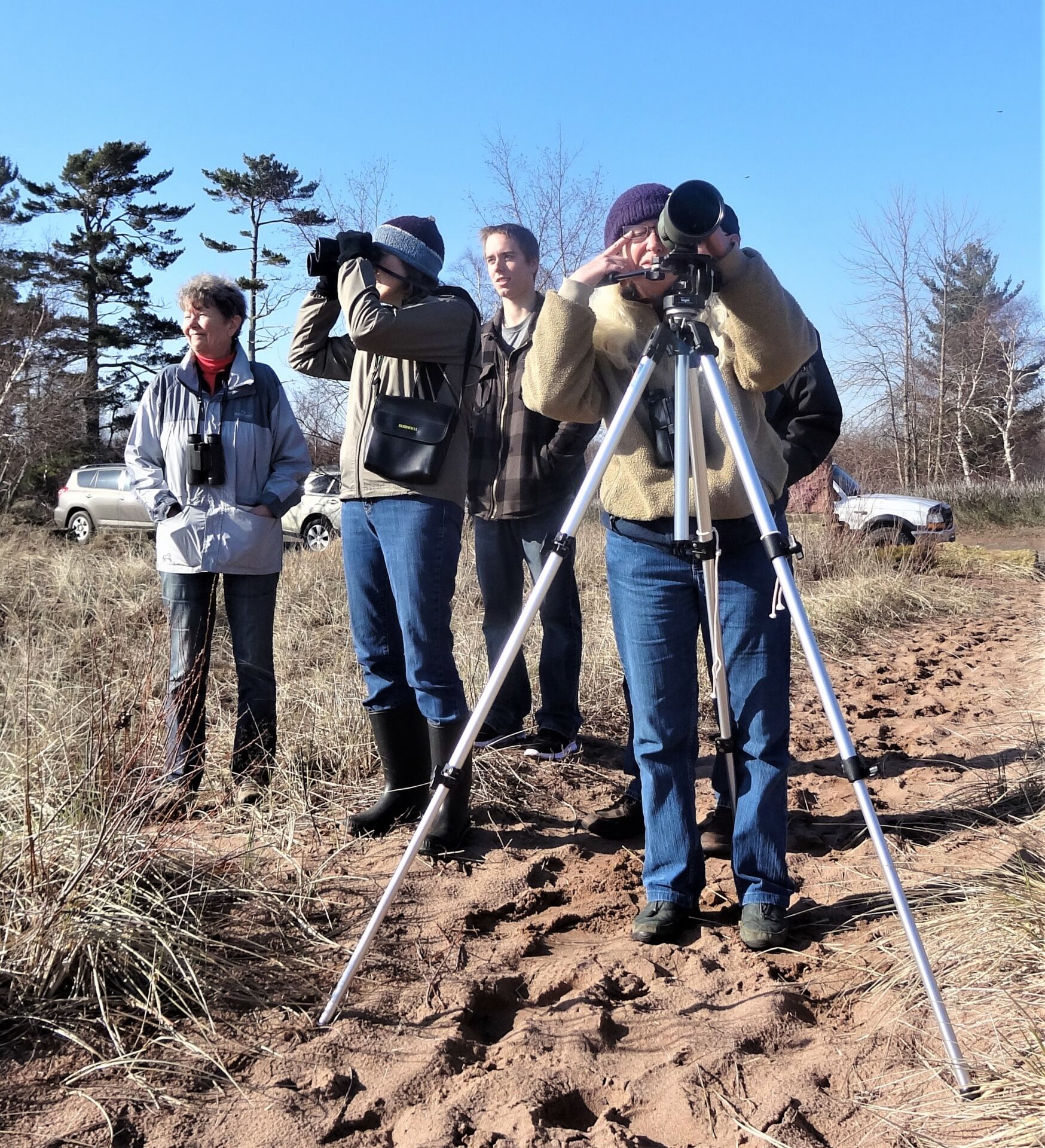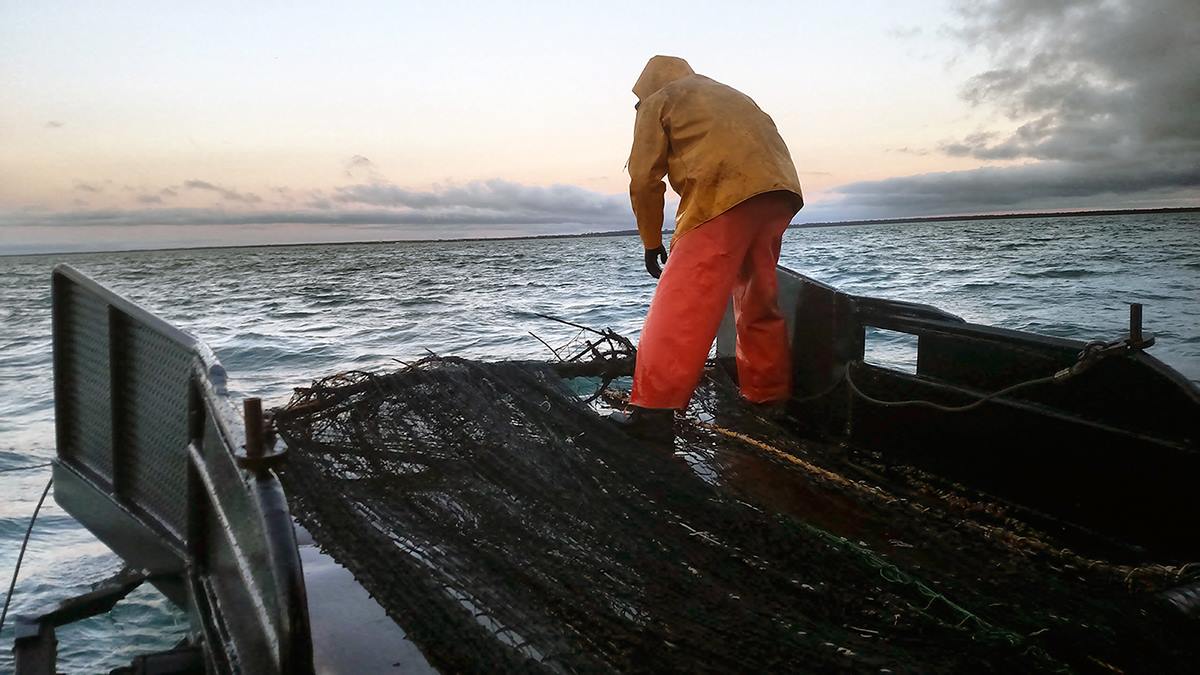Wisconsin Sea Grant today announced a $2 million omnibus grant to fund Great Lakes research, education and outreach.
The grant will support 19 projects of exploration of the freshwater seas on the Green Bay, Madison, Milwaukee, Oshkosh, Stevens Point and Superior campuses of the University of Wisconsin System, as well as at Northland College, St. Norbert College and Marquette University. Exploration of Wisconsin’s shipwrecks through a longtime partnership between Sea Grant and the Wisconsin Historical Society is also part of this package. The balance of the omnibus grant will be devoted to outreach projects that educate various audiences about the lakes and will engage communities across the state, sharing the latest and most effective science to maximize Great Lakes resources.
“The world’s largest freshwater system is at our borders. Lakes Superior and Michigan define our state’s history, provide recreational opportunities and fuel our economy,” Sea Grant Director Jim Hurley said. “A 2011 study found that 1.5 million jobs are tied to the lakes, with $62 billion in annual wages. Sea Grant’s research, education and outreach is money well spent.”
Researchers will look at the health of the waterways, methods to prevent Great Lakes beach contamination, the impact of aquatic invasive species on the lakes’ food webs and more.
Local officials and those who manage coastal structures, such as ports and harbors, also benefit from upcoming work. One example is the Wisconsin Coastal Atlas, a website that is collecting, categorizing and sharing of a wealth of coastal data like bluff stability and potential water hazards.
In all, nearly 100 researchers, staff and students will be engaged in this work, said Hurley. The National Sea Grant College Program, which is administered through the National Oceanic and Atmospheric Administration, U.S. Department of Commerce, is the source of the grant. “Our program is one of the nation’s oldest and robust. In our 46th year, we are grateful to play a role in the sustainable use of the Great Lakes through science-based, unbiased information.”
Wisconsin is home to one of 33 Sea Grant programs, located in all coastal states, Puerto Rico and Guam. Hurley said an important asset of such a comprehensive network is the ease of collaboration with neighboring states to leverage funding. In the next two years, Wisconsin will partner with the Illinois-Indiana Sea Grant Program to explore how the health of wetlands around Lake Michigan affects fish populations.
The Wisconsin Sea Grant projects include 15 all-new research undertakings, and four that are continuing from the previous funding cycle.





